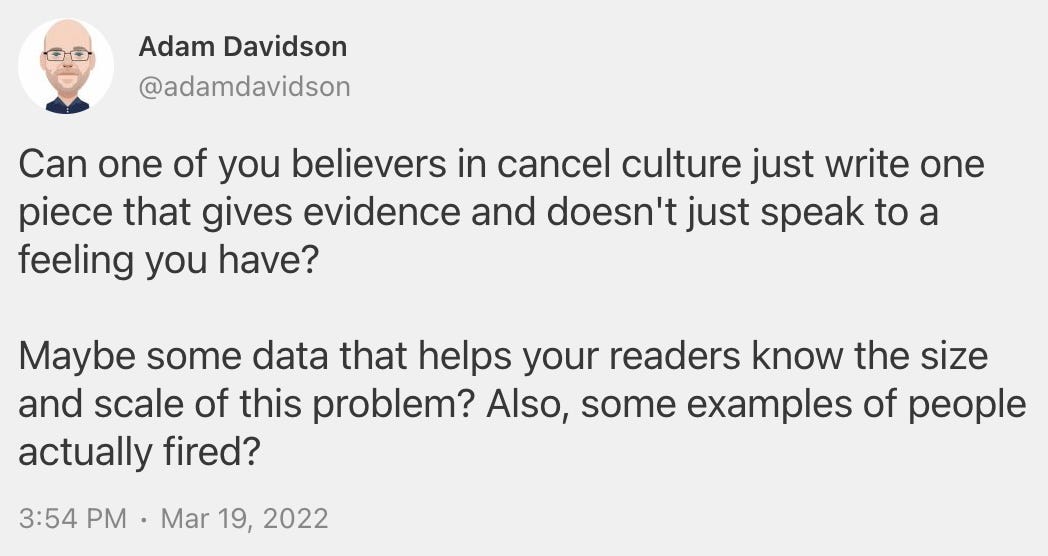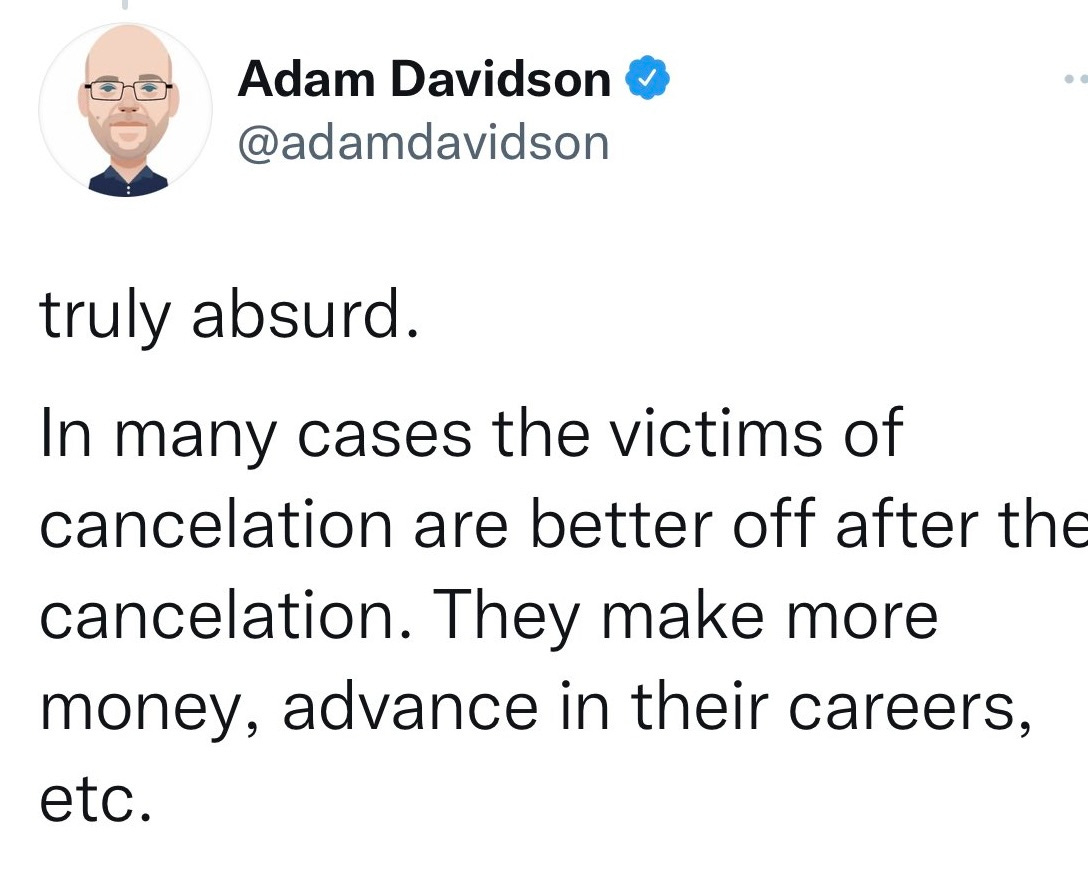Belief perseverance: why activists won’t change their minds
Many would rather cling to falsehoods than accept they may be wrong.
For culture warriors, the truth is a slippery commodity. If it suits their purposes, it is perfectly fine to pretend that the early gay rights movement was led by ‘trans women of colour’, or that the Holocaust was caused by the weaponisation of free speech (as CBS’s Margaret Brennan recently claimed), or that Abraham Lincoln was an evil racist who deserves to be cancelled even though he played a crucial role in the abolition of slavery. Truth is valued only up to the point that is satisfies ideological goals. If it doesn’t, it must be disregarded.
One of the key challenges we face when it comes to deprogramming culture warriors who have become wedded to their collective fantasies is best summarised by a psychological principle from the 1970s. It is known as ‘belief perseverance’, and it describes that all-too-common phenomenon of people holding fast to their conclusions even when presented with evidence that disproves them.
The concept was popularised in a 1975 article by Lee Ross, Mark R. Lepper and Michael Hubbard in the Journal of Personality and Social Psychology: ‘Perseverance in self-perception and social perception: biased attributional processes in the debriefing paradigm’. The researchers ran two experiments on more than 200 participants which ultimately demonstrated that ‘self-perceptions and social perceptions may persevere after the initial basis for such perceptions has been completely discredited’. It turns out that changing our minds is not something that comes naturally.
The evidence of belief perseverance is everywhere. I could cite thousands of examples dating back to the beginning of the present-day culture war (circa 2012). To take one example at random - for no other reason that it happens to have popped into my mind - here is a post by journalist Adam Davidson which he wrote on Twitter in March 2022:
Davidson was of course inundated with examples of people who have been fired, harassed and had their reputations destroyed simply for expressing views that did not tally with those of fashionable elites. The sheer volume of users offering proof of cancel culture’s existence amounted to a kind of dog-pile and so, understandably, he deleted the tweet.
However, even in the face of this overwhelming evidence, Davidson was simply incapable of revising his views. In a later post, he moved the goalposts and argued that cancellation was actually beneficial for the cancelled.
Had Davidson taken the time to speak with anyone who has supported cancelled people – such as the Free Speech Union – he would have understood that the vast majority of those cancelled have neither the financial means nor the public profile to defend themselves without support. The victims of cancel culture are not celebrities or the wealthy, but ordinary people who have fallen foul of the new orthodoxy. Moreover, the practice is more common than many assume. In their book The Canceling of the American Mind (2023), Greg Lukianoff and Rikki Schlott have shown how, in terms of sheer numbers, the witch-hunting of university staff for wrongthink in the woke era has far exceeded that of McCarthyism.
Davidson’s unwillingness to change his mind when confronted with the evidence is a textbook illustration of belief perseverance, but he is far from alone…
To continue reading this article, please consider becoming a paid subscriber…
Keep reading with a 7-day free trial
Subscribe to Andrew Doyle to keep reading this post and get 7 days of free access to the full post archives.






